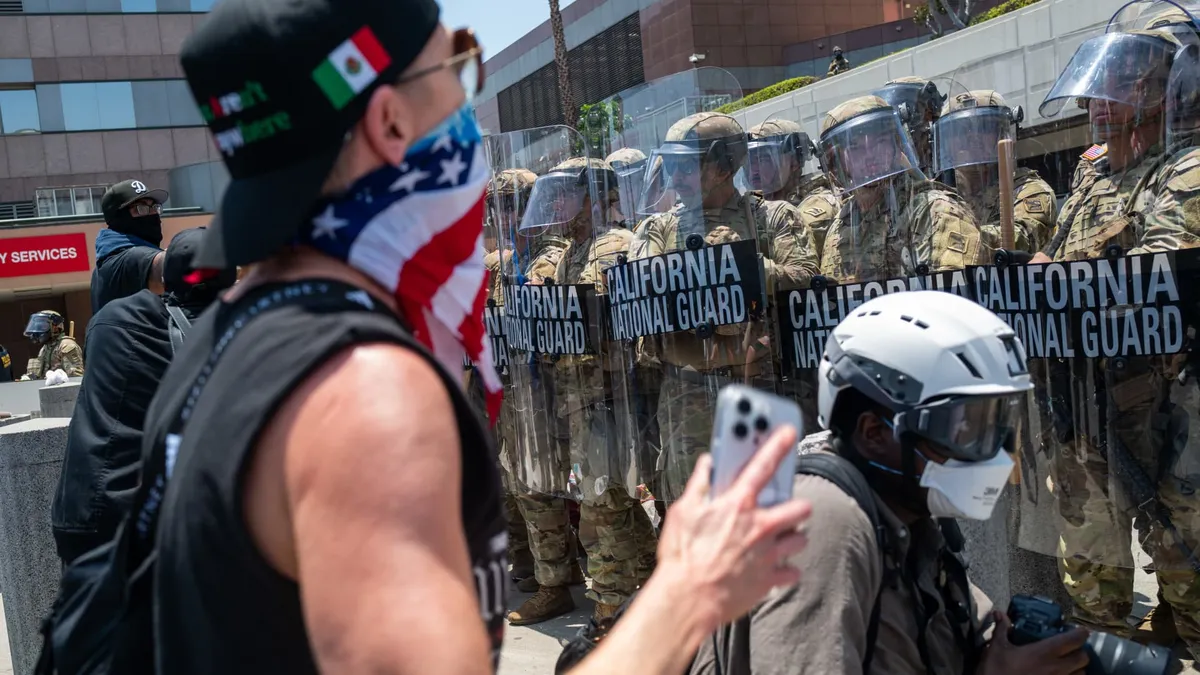
A federal judge has issued a significant ruling that prohibits President Donald Trump from deploying National Guard troops in California for law enforcement activities, including making arrests, conducting searches, and managing crowd control. This decision stems from a lawsuit filed by the state of California in early June, which challenged Trump's deployment of the National Guard in response to protests in Los Angeles against the Trump administration's immigration enforcement policies.
Judge Charles Breyer, presiding over the case in the U.S. District Court in San Francisco, concluded that Trump's actions were in violation of the Posse Comitatus Act. This federal law prohibits U.S. military forces from enforcing domestic laws. Breyer's ruling specifically applies to California and has been temporarily stayed until September 12, allowing the Trump administration to consider an appeal.
This ruling comes at a time when President Trump is contemplating the deployment of National Guard troops to other cities across the United States, including Oakland and San Francisco, in response to rising crime rates. In his judgment, Breyer expressed concerns that such actions could pave the way for the creation of a national police force, with the President acting as its commander-in-chief.
Judge Breyer referenced the clear intent of Congress when it passed the Posse Comitatus Act in 1878, which explicitly prohibits the military from executing domestic law enforcement duties. He noted that nearly 140 years later, the defendants—President Trump, Secretary of Defense Pete Hegseth, and the Department of Defense—had deployed the National Guard and Marines to Los Angeles under the pretext of quelling a rebellion and enforcing federal immigration laws.
While acknowledging that protests occurred in Los Angeles and some individuals engaged in violent acts, Breyer emphasized that there was no actual rebellion and that local civilian law enforcement was capable of addressing the protests and upholding the law. Evidence presented during the trial indicated that the defendants had systematically utilized armed soldiers, often obscured by protective gear, and military vehicles to establish protective perimeters, set up traffic blockades, and exert a military presence around Los Angeles.
As of now, CNBC has reached out for comments from the Justice Department, which represented the Trump administration in this lawsuit. The outcome of this case raises critical questions about the limits of military involvement in domestic law enforcement and the implications for future deployments of National Guard troops in various U.S. cities.